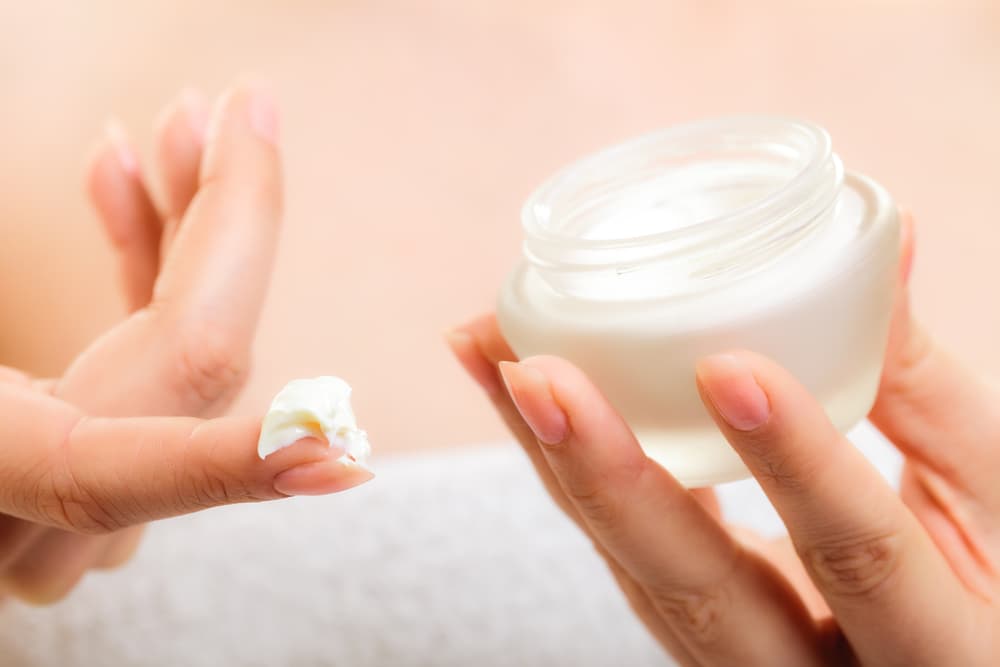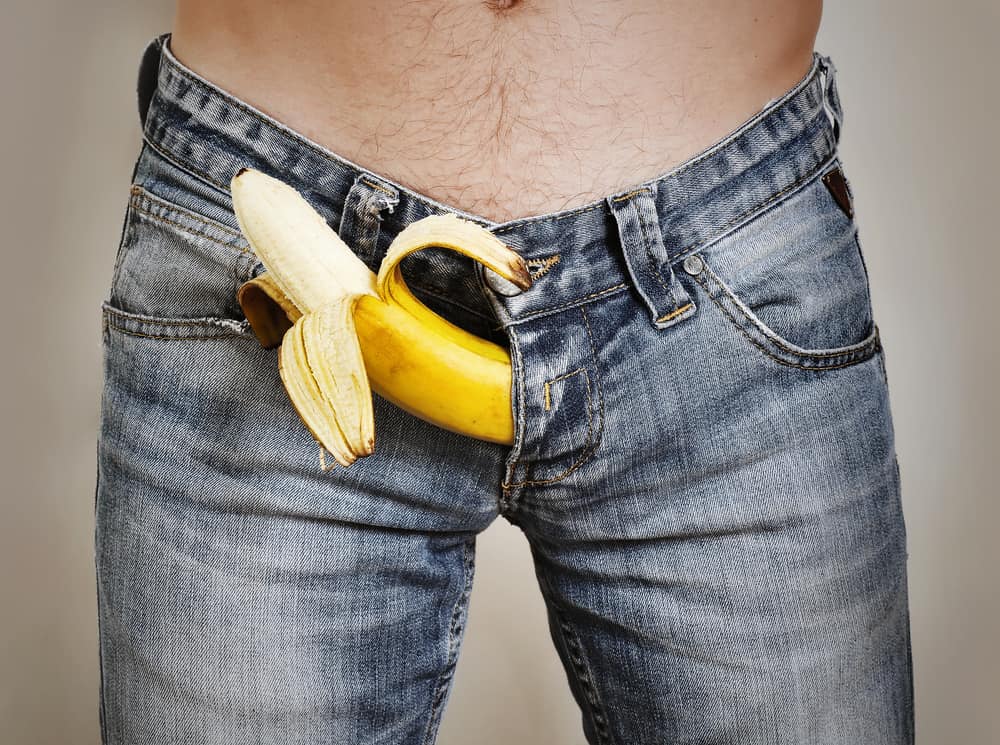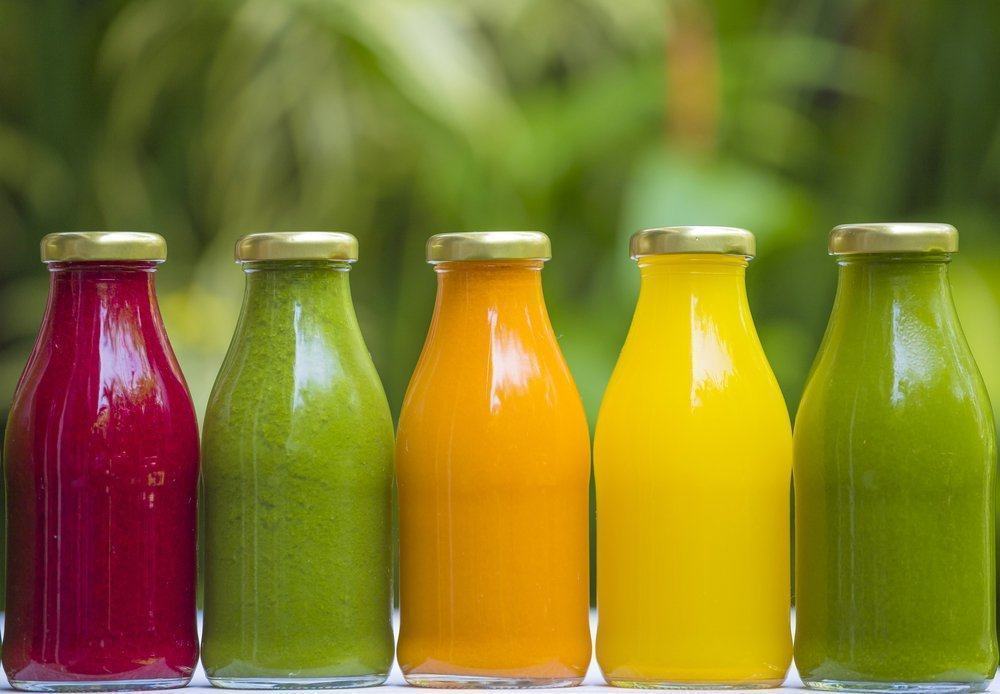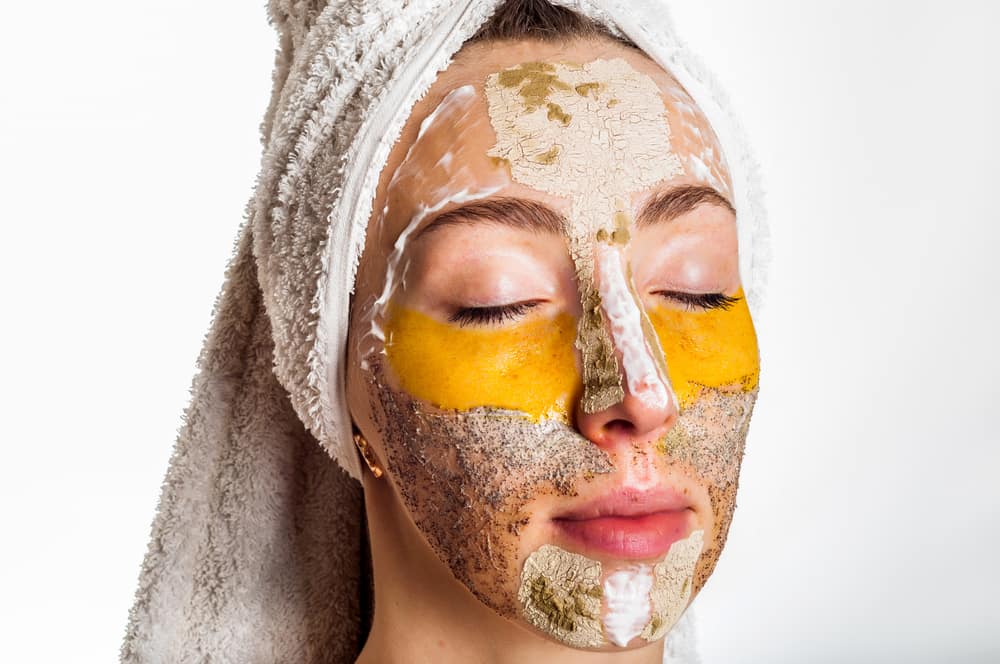Contents:
- Medical Video: 26 RELATIONSHIP FACTS EVERY COUPLE CAN RELATE TO
- Interested in trying to have sex in the water?
- 1. Beware of dirty water
- 2. Water can knock out natural lubricants
- 3. You can still get pregnant even if you make love in the water
- 4. But, that doesn't mean ejaculation in water can cause other women to get pregnant, huh
- 5. Can get sexually transmitted diseases
Medical Video: 26 RELATIONSHIP FACTS EVERY COUPLE CAN RELATE TO
Some couples choose to be adventurous to explore a new atmosphere in unusual places when they are tired of making love on the bed. For example in your own bathtub, in swimming pools, or even in the open ocean. Yes! For some people, sex in the water offers a sensation of pleasure that is multiple and different from usual. If you are interested in trying it next time with him, first read various things about risk and security in this article.
Interested in trying to have sex in the water?
Basically, sex is like any other physical activity that needs careful preparation. Especially if done in places that are less familiar. Here's what you need to know before trying sex in water.
1. Beware of dirty water
Different types of water have different contents. Although tap water is usually used for bathing, the water also has the potential to carry germs from underground distribution pipes. The same is true with swimming pool water that is reporting or sea water containing salt and invisible marine biota.
That's why even though it looks clean, the Centers for Disease Control and Prevention (CDC) actually doesn't recommend you to make love in water because it can bring germs into the body.
2. Water can knock out natural lubricants
Some sex activists in the water believe that water can replace the function of natural vaginal lubricants. So, it's okay to immediately make love without foreplay or use sex lubricants if you do it in water. This assumption is wrong, said Dr. Idris Abdurrahman, obstetrician from the CDC.
Higher or lower water pH levels, depending on the source of the water, than the vaginal pH can dry out natural vaginal lubricants. The lack of lubrication in the vagina will actually make penis penetration painful.
Not to mention, substances such as chlorine in pool water or salt content of seawater can stick to the walls of the vagina and penis. Chaotic sex organ pH can increase the risk of you and your partner getting a bacterial or fungal infection, both in the penis and vagina.
3. You can still get pregnant even if you make love in the water
Don't get me wrong. Making love in water without using a condom can still cause pregnancy. Because of the many sperm cells that are fired into the vagina during ejaculation, only one sperm cell is needed to fertilize the egg.
4. But, that doesn't mean ejaculation in water can cause other women to get pregnant, huh
The risk of getting pregnant after making love in water remains as large as if you made love on a bed without a condom. Even so, women who are swimming will not be able to get pregnant just because they are in one pool with men who ejaculate in water.
Remember that a new pregnancy can occur if a sperm cell enters the vagina and goes on to the uterus and fallopian tubes to meet the egg. Swimming with men who ejaculate in water will not make other women in the vicinity get pregnant because the sperm that they remove cannot walk in search of the vagina or penetrate into the cervix and enter the ovary
Moreover, the vaginal opening is usually not open or widened when you swim or soak. The vagina will only open during labor and if you receive sexual stimulation. So, there is actually no way for sperm cells in pond water to reach a woman's egg without any deliberate stimulation and penetration between men and women.
In addition, sperm cannot last long in warm water or cold water containing chemicals such as swimming pools. So, it's very unlikely to swim with a man in a public swimming pool or public bath can cause a pregnant woman.
5. Can get sexually transmitted diseases
The chlorine content in the pool or warm water in the bath helps to kill germs and viruses that cause disease in the water, but does not completely destroy everything. So, your risk of contracting venereal disease from a positive partner remains as high as sex in bed if you don't use a condom.
Moreover, sex in water tends to make people forget to use sex lubricants. Sex when the vagina is dry does not only make the experience of sex so painful, but also risks causing blisters. Well, this abrasion can be the entry gate for bacteria or germs into the body. Blisters can also occur on the skin of the penis due to imposing penetration in non-ideal conditions. So, the risk of sexually transmitted diseases remains as large as both men and women.
If you still want to change the new atmosphere by trying sex in the water, you should still use condoms and practice safe sex to avoid the various risks mentioned above.












